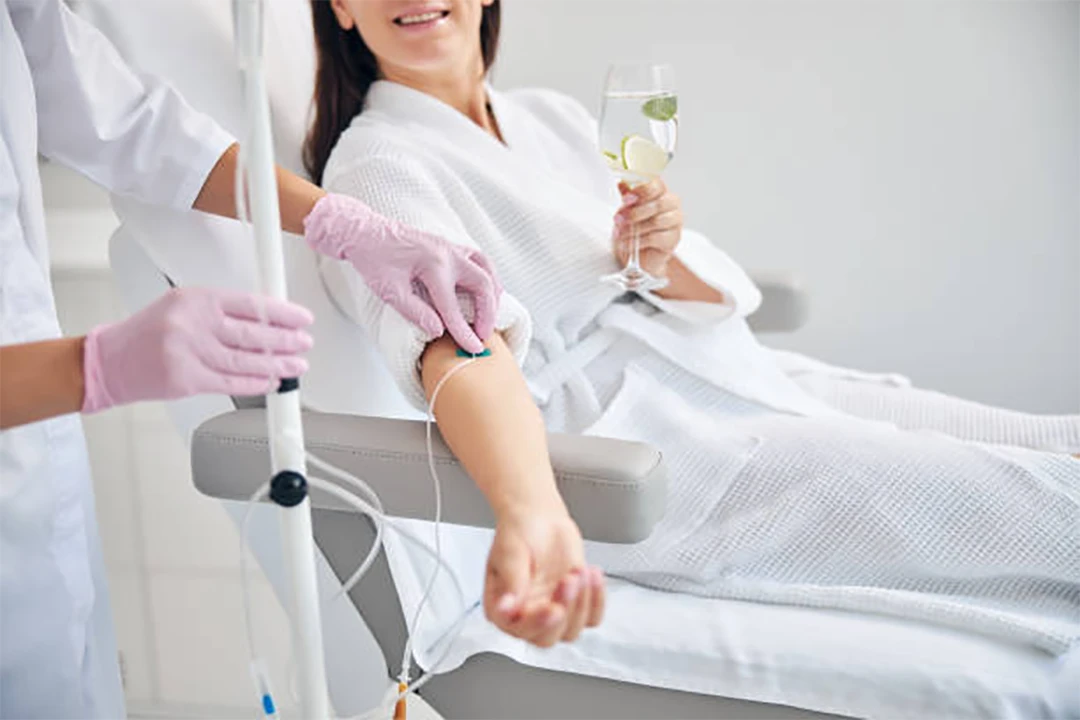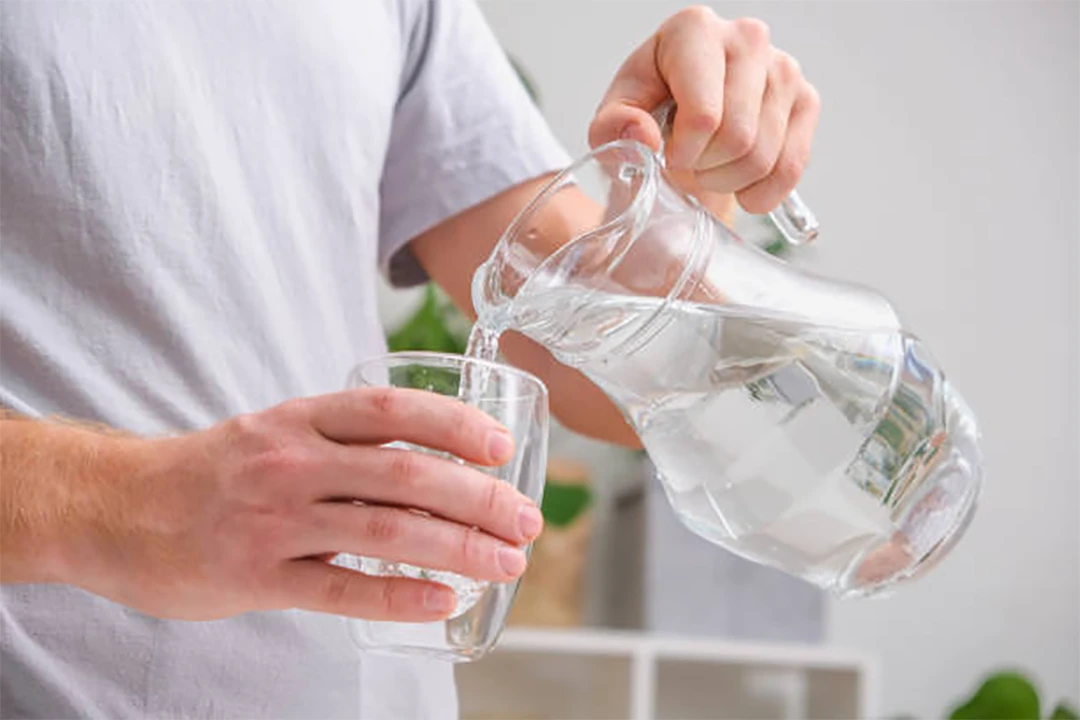
Intravenous (IV) therapy is a medical treatment used to deliver fluids, medications, and nutrients directly into the bloodstream. It can be essential for managing a variety of health conditions, ranging from dehydration and nutrient deficiencies to more complex treatments like chemotherapy. Proper preparation for IV therapy can enhance the effectiveness of the treatment and ensure a smoother experience. Here’s a comprehensive guide on how to prepare for IV therapy to help you get the most out of your iv therapy austin treatment.
1. Understand the Purpose of Your IV Therapy
Consult with Your Healthcare Provider
Before undergoing iv therapy austin, have a detailed discussion with your healthcare provider about the purpose and specifics of the treatment. Understanding why you need IV therapy, what it involves, and how it will benefit your health can help you prepare mentally and physically.
Clarify Expectations
Ask about what you can expect during the procedure, including the duration, potential side effects, and any pre-treatment instructions. Knowing what to expect can alleviate anxiety and help you feel more in control.
2. Follow Pre-Treatment Instructions
Hydrate Well

Proper hydration is crucial before receiving IV therapy. Drinking plenty of water in the days leading up to your appointment can make your veins more visible and easier to access. Aim to drink at least 8-10 glasses of water a day, or as recommended by your healthcare provider.
Avoid Certain Foods and Drinks
In some cases, your healthcare provider might recommend avoiding specific foods or drinks before your IV therapy. For instance, if you’re receiving IV sedation or anesthesia, you may be instructed to fast for a certain period. Follow these dietary guidelines carefully to ensure a successful treatment.
3. Wear Comfortable Clothing
Choose the Right Attire
Wear loose, comfortable clothing to your appointment, especially on the arm where the IV will be inserted. Avoid tight sleeves or accessories that might obstruct access to your veins. Comfortable clothing helps you relax during the procedure and facilitates easier insertion of the IV needle.
Layer Your Clothes
In some settings, the temperature might be cooler due to air conditioning or other factors. Consider wearing layers that you can easily adjust to maintain comfort during the treatment.
4. Prepare for the Procedure
Inform the Medical Staff
Let the medical staff know if you have any allergies, previous adverse reactions to IV therapy, or specific concerns. Providing this information helps them tailor the treatment to your needs and avoid potential complications.
Bring a Supportive Companion
If you feel anxious about the procedure, consider bringing a supportive friend or family member with you. Their presence can provide emotional support and help you feel more at ease.
5. Manage Anxiety and Stress
Practice Relaxation Techniques

IV therapy can sometimes cause anxiety, especially if it’s your first time or if you have a fear of needles. Practice relaxation techniques such as deep breathing, visualization, or listening to calming music to help manage stress and make the experience more comfortable.
Distract Yourself
Bring a book, tablet, or smartphone to help distract yourself during the procedure. Engaging in a favorite activity or listening to music can help shift your focus away from the IV insertion and make the time pass more quickly.
6. Follow Post-Treatment Instructions
Stay Hydrated
After the IV therapy, continue to drink plenty of fluids to help flush out any residual medication and support your body’s recovery. Proper hydration can also aid in reducing any potential side effects.
Monitor for Side Effects
Be aware of any potential side effects or reactions after the treatment. Common side effects might include mild discomfort or bruising at the IV insertion site. If you experience any severe or unusual symptoms, such as swelling, redness, or pain at the site, contact your healthcare provider promptly.
Rest and Recover
Depending on the type of IV therapy you received, you may need to rest and allow your body to recover. Follow any specific post-treatment recommendations from your healthcare provider to ensure a smooth recovery.
7. Address Special Considerations
Chronic Conditions
If you have a chronic condition or ongoing medical issue, inform your healthcare provider so they can adjust the IV therapy accordingly. Special considerations may be required to accommodate your condition and ensure the treatment is safe and effective.
Medications and Supplements
Provide a complete list of any medications, vitamins, or supplements you’re currently taking. Some substances may interact with the IV medications or affect the treatment’s efficacy. Your healthcare provider can make necessary adjustments based on this information.
8. Understand the Risks and Benefits
Weigh the Benefits
IV therapy can provide rapid relief and effective treatment for a range of conditions. Understanding the benefits of the therapy can help you appreciate its importance and stay motivated to follow pre-treatment and post-treatment guidelines.
Be Aware of Risks
While IV therapy is generally safe, it does come with potential risks such as infection, vein irritation, or allergic reactions. Being informed about these risks can help you recognize any complications early and seek prompt medical attention if needed.
9. Follow-Up Care
Attend Follow-Up Appointments

If your IV therapy is part of an ongoing treatment plan, make sure to attend any scheduled follow-up appointments. Regular monitoring and evaluation are crucial to assess the effectiveness of the therapy and make any necessary adjustments.
Communicate with Your Healthcare Provider
Keep open lines of communication with your healthcare provider regarding your progress and any concerns you might have. Regular updates help ensure that your treatment plan remains effective and aligned with your health goals.
Final Words
Preparing for IV therapy involves more than just showing up for the procedure; it requires a comprehensive approach that includes understanding the treatment, following pre-treatment instructions, managing stress, and addressing any special considerations. By taking these steps, you can help ensure a smooth and effective IV therapy experience, leading to better outcomes and a more comfortable process. Whether you’re receiving IV therapy for hydration, medication administration, or nutrient supplementation, proper preparation can make a significant difference in your overall experience and recovery.

